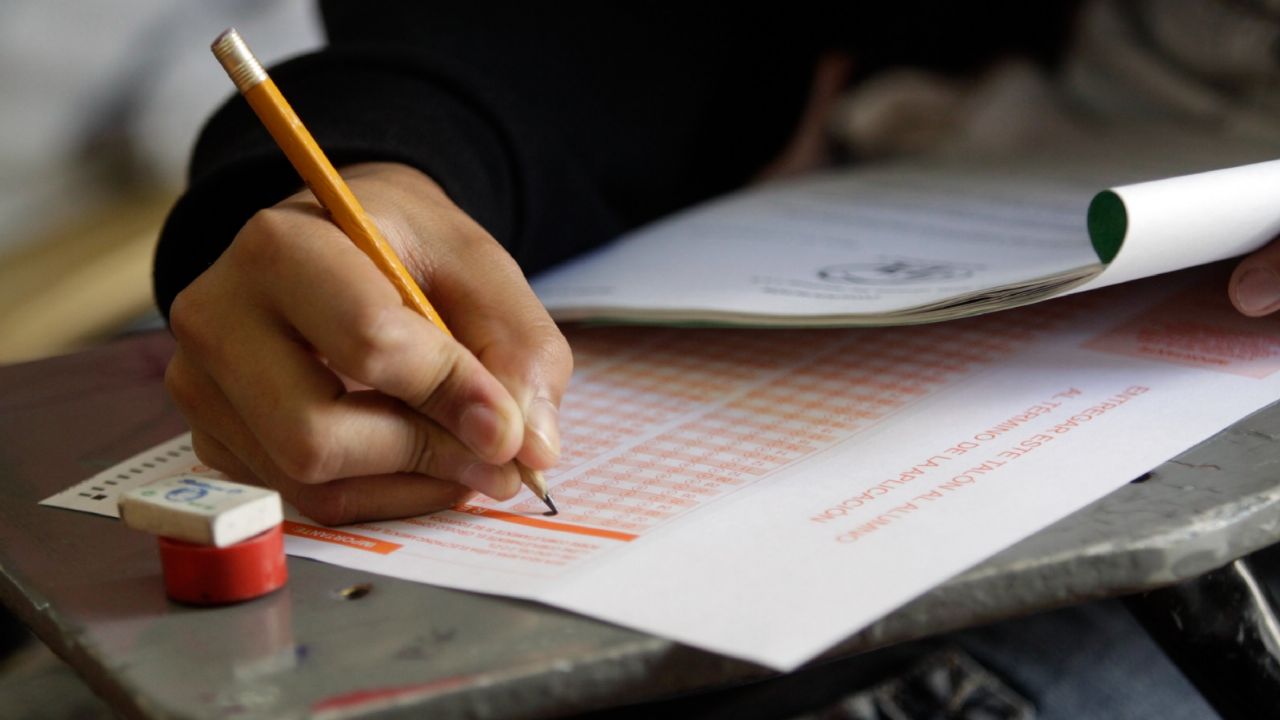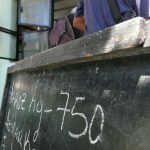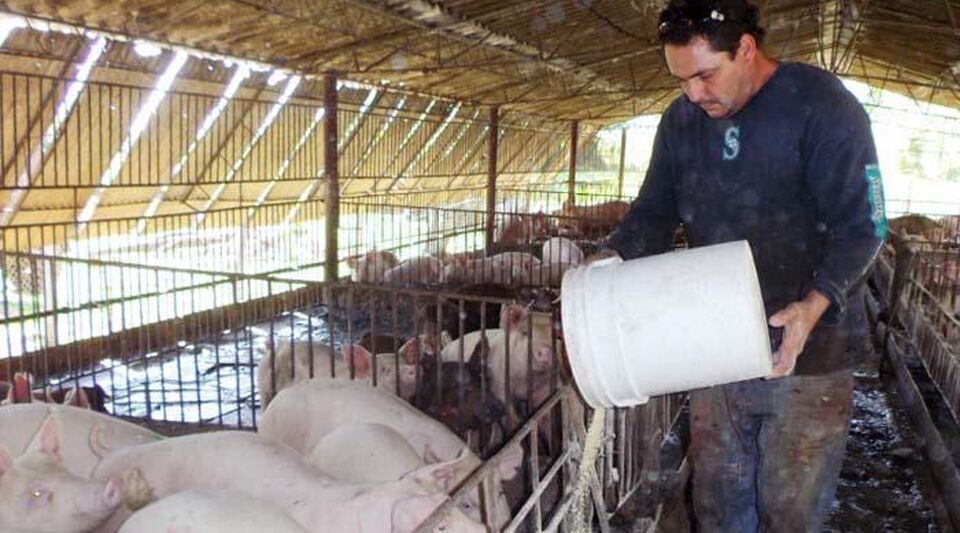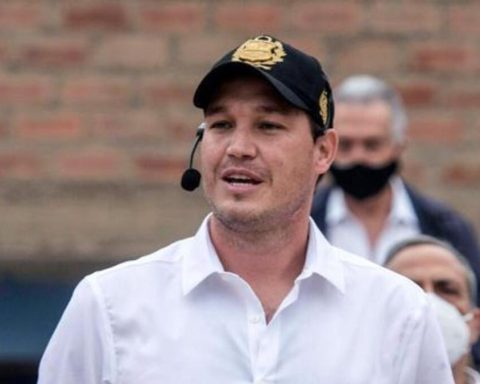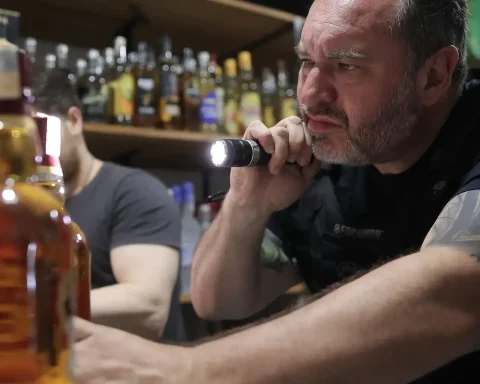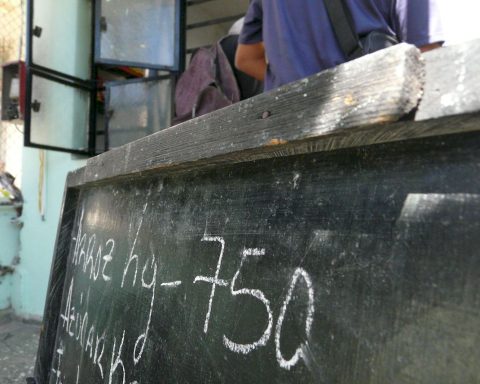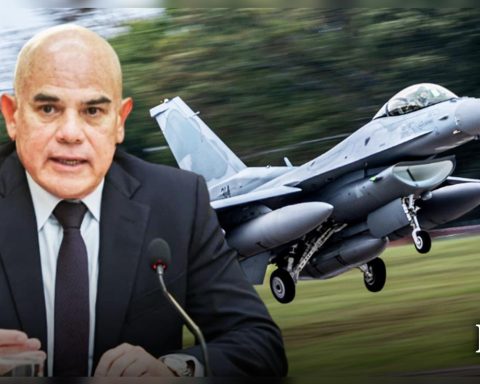The 2019 ERCE (Regional Comparative and Explanatory Study) was carried out in 16 countries in Latin America and the Caribbean and was based on exams for boys and girls in third and sixth grade. The result: the education Argentina is below the regional average.
In this sense, it is the fourth edition of the study on the education of UNESCO (United Nations Educational, Scientific and Cultural Organization) and Argentina fell into its intellectual level significantly in Mathematics, Natural Sciences and in Reading.
In this regard, the evaluation questions on the education They were developed by the LLECE (Latin American Laboratory for Evaluation of the Quality of Education).
Likewise, in addition to Argentina, Bolivia, Brazil, Chile, Colombia, Costa Rica, Cuba, Ecuador, El Salvador, Guatemala, Honduras, Mexico, Nicaragua, Panama, Paraguay, Peru, the Dominican Republic and Uruguay participated.

The Government’s Analysis of Education Data
The Minister of Education of the Nation, Jaime Perczyk, said: “These results worry us because the scores obtained by Argentina in almost all the areas evaluated are below the regional average.”
In turn, he compared the process: “While in the last tests carried out by UNESCO in 2006 and 2013, our country’s scores were at the same level or above said average.”

This data is dramatic, and it does not speak of the success of other countries, but of the failure of ourselves.
On the other hand, he blamed the management of former President Mauricio Macri, who lowered the GDP investment figure in said matter from 6% in 2015, in compliance with the National Education Law, to 4.8% in 2019.

“The performance of students in the UNESCO evaluation is significantly linked to the underfunding of the education system during the last government,” said Perczyk.
Finally, he recalled that during that period there was “a 50% drop in teacher salaries, a 20% drop in educational infrastructure and 70.8% in socio-educational political education.”

“In per capita terms, this substantial drop means that each Argentine boy stopped receiving, in real terms (base 2020), 10,886 pesos per year from the National State in their education,” he explained.
Finally, he highlighted the “commitment” such as “Government to improve the academic performance of our primary school students and to encourage their learning, because it is about making political decisions and carrying them forward with work and strategic investment, because without a budget there are no rights.”
